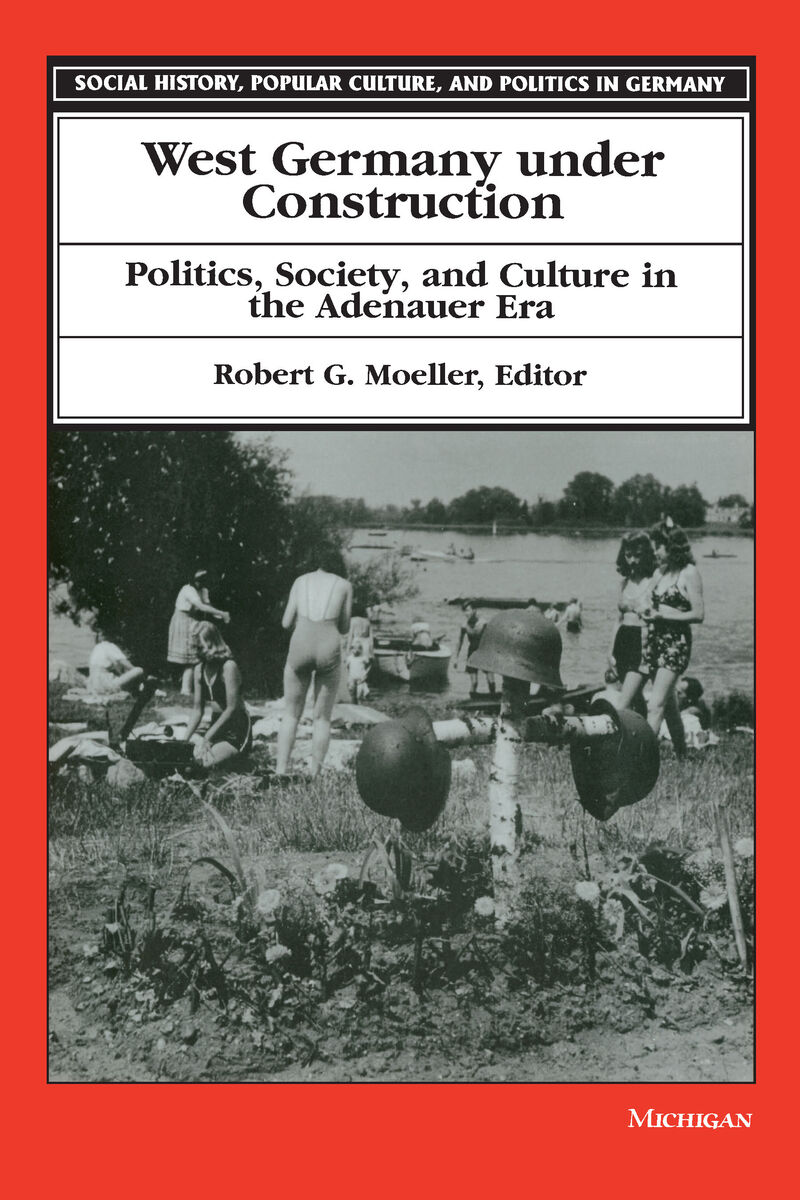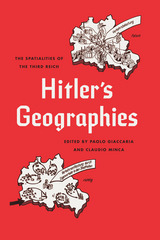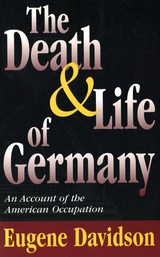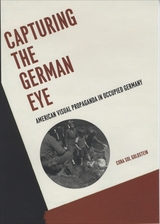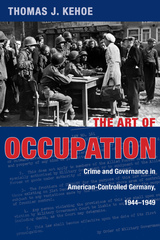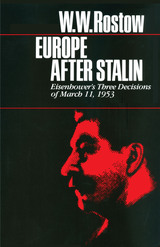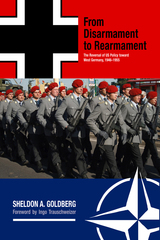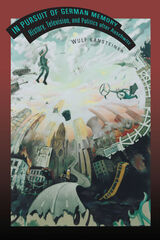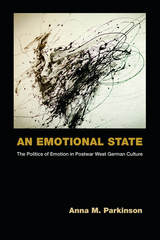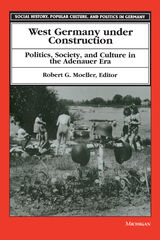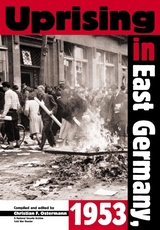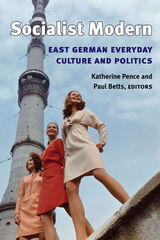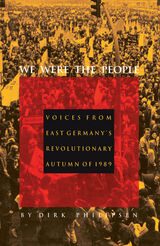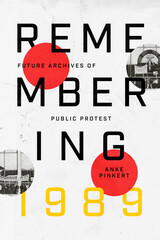West Germany under Construction: Politics, Society, and Culture in the Adenauer Era
University of Michigan Press, 1997
Cloth: 978-0-472-09648-0 | Paper: 978-0-472-06648-3
Library of Congress Classification DD259.2.W475 1997
See other books on: 1945-1990 | Denazification | Military government | Reconstruction (1939-1951) | Society
See other titles from University of Michigan Press
Cloth: 978-0-472-09648-0 | Paper: 978-0-472-06648-3
Library of Congress Classification DD259.2.W475 1997
ABOUT THIS BOOK | AUTHOR BIOGRAPHY | REQUEST ACCESSIBLE FILE
ABOUT THIS BOOK
From the perspective of the 1990s, it is possible to see the road to the Bonn Republic and West Germany's "social market economy" as the "correct" postwar German path. But unified Germany continues to confront enormous problems of social inequality and widespread resistance to the acceptance of a truly multi-cultural society. By exploring how West Germans confronted--or failed to confront--similar problems in the early history of the Federal Republic, this collection makes a crucial contribution to understanding the present.
Moving beyond accounts of high politics and international relations, the essays brought together here focus on the intersections between the politics of daily life and the politics of the nation-state. Building on the approaches of women's history, social history, and cultural studies, they emphasize that the process of defining West Germany in the 1950s took place not only in the geopolitical arena of the Cold War but also in dance halls and at the movies, in worker-training programs, and in patterns of consumption.
West Germany under Construction not only expands our understanding of the early formation of West German society, it also outlines ways to continue the excavation of that past. It will be mandatory reading for students and scholars alike.
Robert G. Moeller is Professor of History, University of California, Irvine.
Moving beyond accounts of high politics and international relations, the essays brought together here focus on the intersections between the politics of daily life and the politics of the nation-state. Building on the approaches of women's history, social history, and cultural studies, they emphasize that the process of defining West Germany in the 1950s took place not only in the geopolitical arena of the Cold War but also in dance halls and at the movies, in worker-training programs, and in patterns of consumption.
West Germany under Construction not only expands our understanding of the early formation of West German society, it also outlines ways to continue the excavation of that past. It will be mandatory reading for students and scholars alike.
Robert G. Moeller is Professor of History, University of California, Irvine.
See other books on: 1945-1990 | Denazification | Military government | Reconstruction (1939-1951) | Society
See other titles from University of Michigan Press
